"No capital outflow from Serbia"
National Bank of Serbia (NBS) Governer Radovan Jelašić says that there is no outflow of capital from Serbia.
Wednesday, 27.05.2009.
16:33

National Bank of Serbia (NBS) Governer Radovan Jelasic says that there is no outflow of capital from Serbia. According to him, this comes as the majority of banks have decided to use their last year's profits to boost their own capital assets. "No capital outflow from Serbia" "Almost all banks that have generated profits last year, have decided to invest these funds into their capital bases, and the latest government measures have stepped up their activities," Jelasic told Tanjug during a break in the 3rd annual conference of the European Fund for South Eastern Europe (EFSE) in Novi Sad on Wednesday. According to him, this increased activity of banks has specially been felt in the past two months, which indicates that there is no outflow of capital assets from Serbia and that exactly the opposite is happening. "We hope that the banks will be even more interested in approving loans as their margins drop and as soon as the agreement with the International Monetary Fund (IMF) comes into force, and in view of the fact that the dinar's exchange rate has been stable for the past three months," Jelasic set out. Speaking about the key reference rate, Jelasic stated that it is high solely due to the inflation which was 11.4 pct in the first four months of 2009. "As soon as the regulated prices and the inflation drop, we will also reduce these rates," Jelasic pointed out.
"No capital outflow from Serbia"
"Almost all banks that have generated profits last year, have decided to invest these funds into their capital bases, and the latest government measures have stepped up their activities," Jelašić told Tanjug during a break in the 3rd annual conference of the European Fund for South Eastern Europe (EFSE) in Novi Sad on Wednesday.According to him, this increased activity of banks has specially been felt in the past two months, which indicates that there is no outflow of capital assets from Serbia and that exactly the opposite is happening.
"We hope that the banks will be even more interested in approving loans as their margins drop and as soon as the agreement with the International Monetary Fund (IMF) comes into force, and in view of the fact that the dinar's exchange rate has been stable for the past three months," Jelašić set out.
Speaking about the key reference rate, Jelašić stated that it is high solely due to the inflation which was 11.4 pct in the first four months of 2009.
"As soon as the regulated prices and the inflation drop, we will also reduce these rates," Jelašić pointed out.











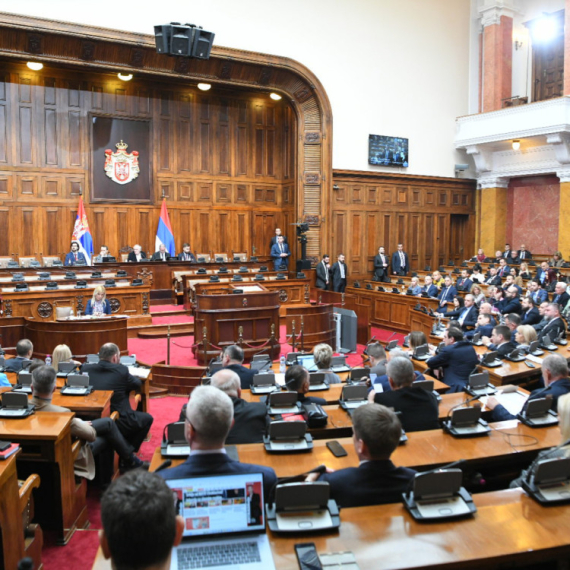
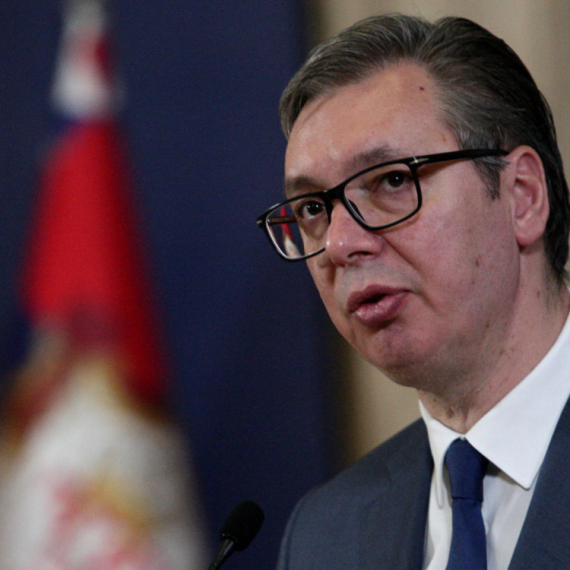
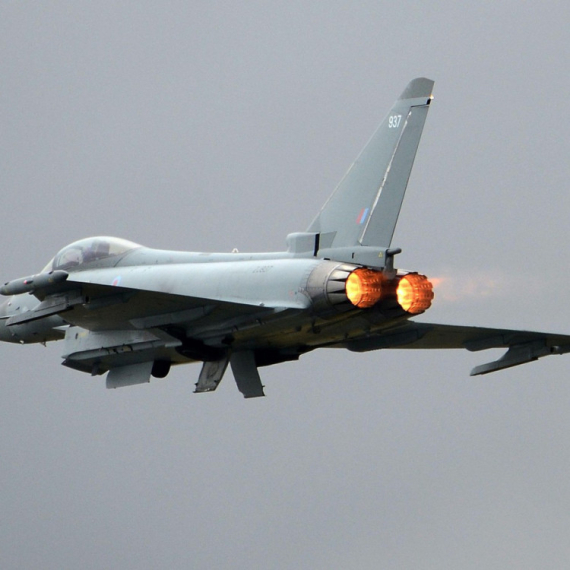
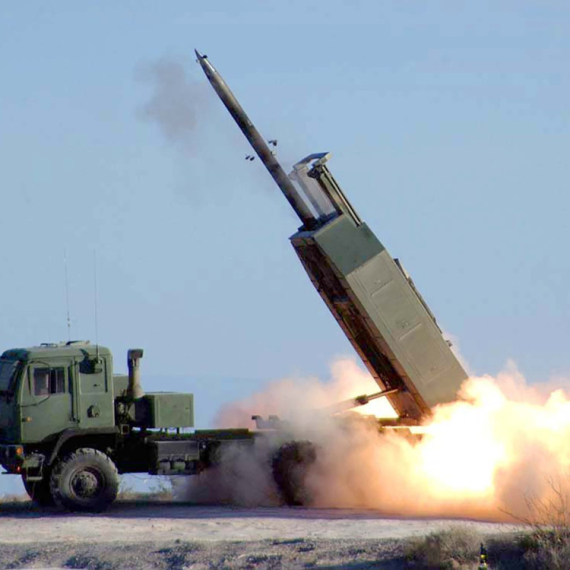
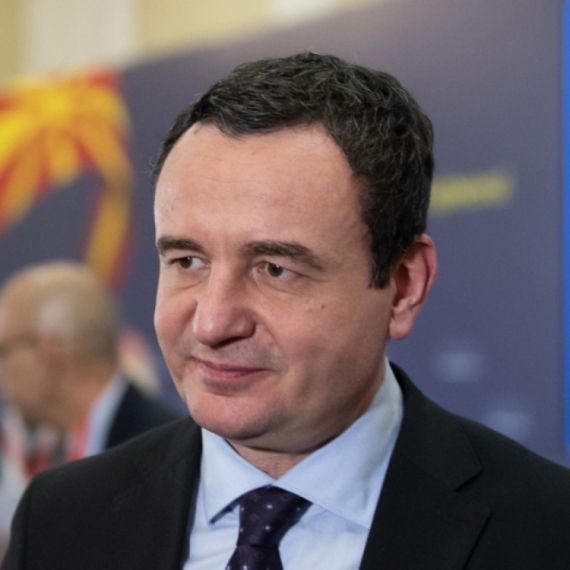



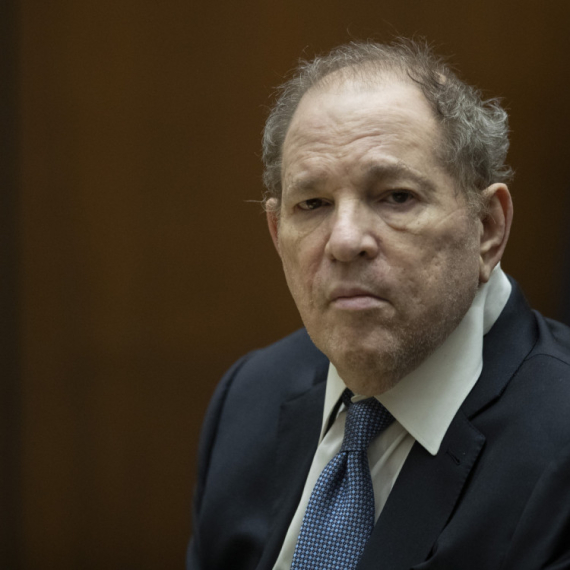
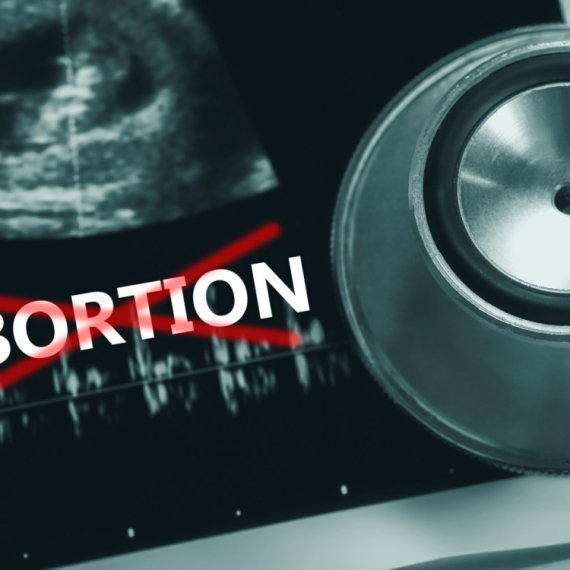


























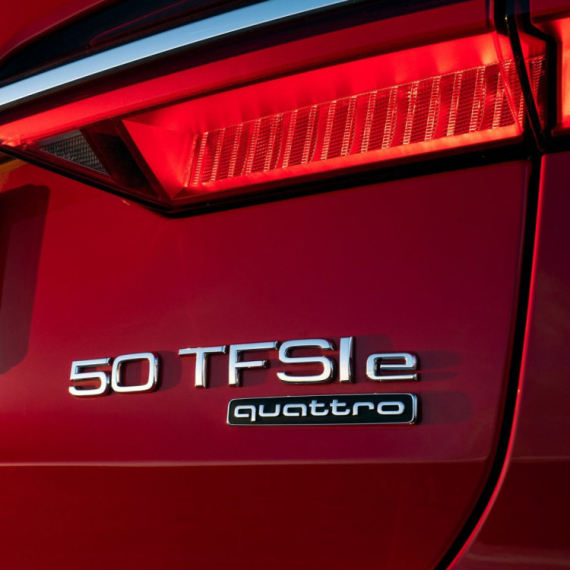



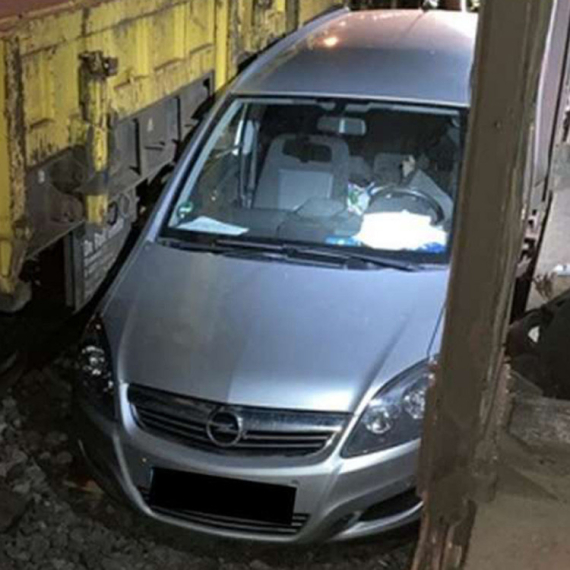

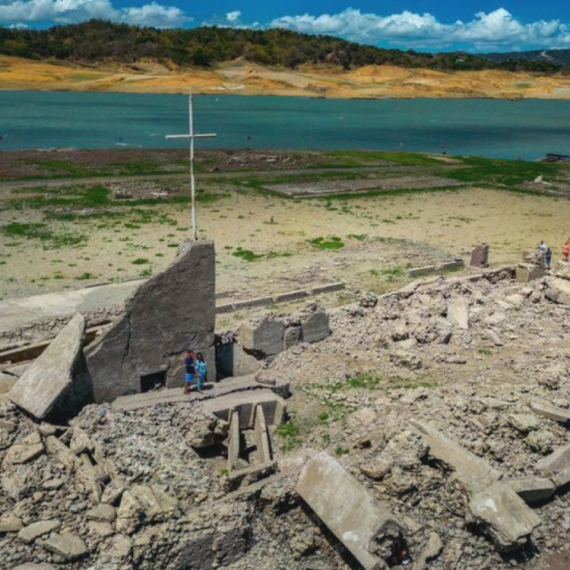




Komentari 1
Pogledaj komentare